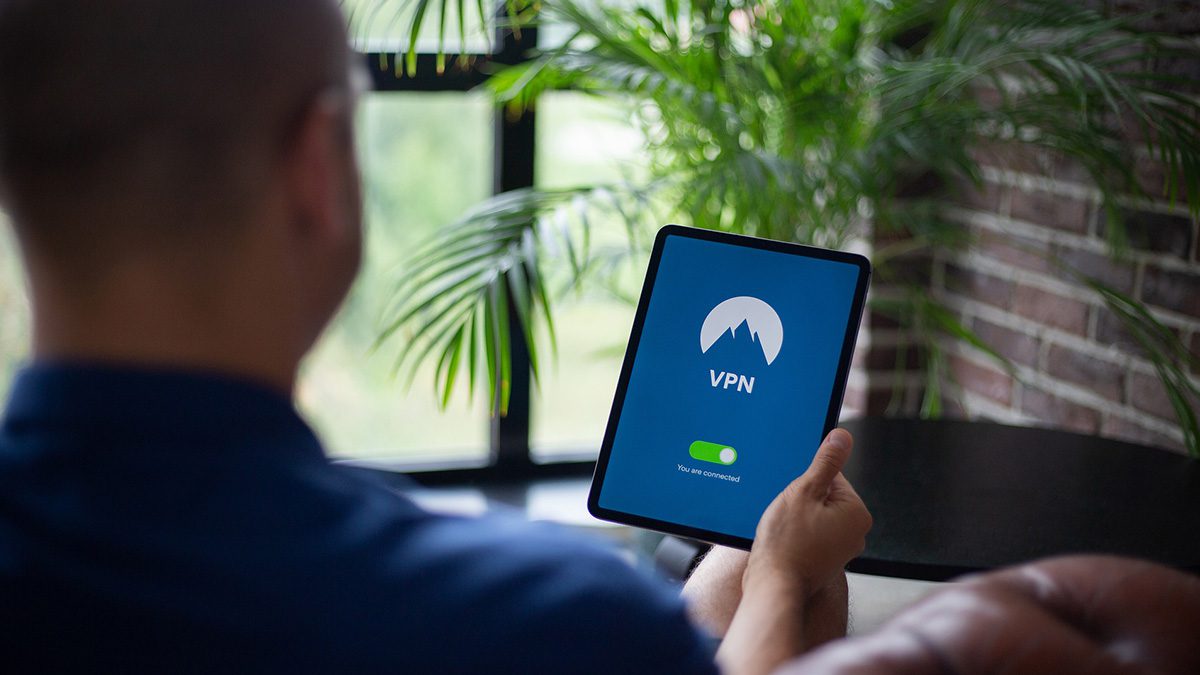Can a VPN really improve your download speed?

As advertised by VPN providers themselves, can a VPN really make a difference in download speeds? Well, it can but not in every scenario.
VPNs have become popular in the past few years. Previously used only by professionals for business purposes, now has trickled down to almost everyone. The reason VPN is recommended for everyone is mainly for security purposes. There have been some other claims too. Out of which the ‘improving download speed’ looked unusual. So, we thought why not take it and discuss in detail for our readers to understand VPN better.
What is a VPN and what it does?
To get the subject matter of discussion, you need to know the basics properly. VPN is the acronym of Virtual Private Network. As the name explains a bit, using a VPN forms a private network between your device and the VPN server.
Simply put, the data sent between your device and the server is rerouted via the VPN server. For example, if you want to access Netflix on your device, the site request reaches the VPN first. From the VPN server, Netflix Server receives the request masking your identity.
It might look like an extra layer of work done to achieve the same result. Well, it is an extra layer of work which is bringing in a lot of benefits with it. There is no significant speed drop as almost all paid VPNs have high-speed servers to cope-up.
As we explained, connecting through a VPN service will make the VPN server the face of the connection. This means your identity is not known to the server that you are accessing. Plus, most VPNs use encryption to improve further privacy.
VPN services have a server in all major countries and they allow users to choose the preferred server as well. By this functionality, you can access content that is not available in your country otherwise. But that’s a long topic by itself. Now let’s get back to the subject matter.
Can a VPN service really improve the download speed?
While VPN services’ claim of improving the download speed, it is possible that it depends on certain conditions for it to work. The most common situation where a VPN is highly effective is with ISP throttling. It has the same effect on streaming media and torrenting as well.
Throttling is common among ISPs. It happens due to heavy load or pushed intentionally by the ISPs. Either way, your internet connection slows down which is un-noticeable when loading pages. It is seen only with downloads. Hence the claim is made specifically on download speeds.
What is ISP throttling?
Have you ever wondered why you couldn’t reach the maximum download speeds advertised by the Internet Service Provider? It is mostly due to throttling. It’s neither the fault of your phone nor your Wi-Fi router is a defaulter.
While not all ISPs throttle their connection, some do every now and then. They throttle the connection to push their customers for a costlier subscription plan. Especially ones that offer unlimited data happen to throttle a lot. Though throttling is unethical, it is hard to prove the internet connection is being throttled.
Throttling can be seen in two different ways. Bandwidth throttling is the slowing down of the whole connection speed which is evident when streaming or downloading in peak hours, say weekends. While it can also be due to climatic reasons or heavier load which the ISP should fix over time.
Selective throttling is bringing down the speeds of sites most used. If your Netflix 4k stream buffers on a 100 Mbps connection but offbeat streaming service doesn’t have any issue, your ISP might be the reason behind it.
How VPN make a difference to the download speeds?
Be it downloading or streaming, it is hard for the VPN to boost the speed when the total bandwidth is throttled. Connecting to the nearest VPN server might help a bit.
On the other hand, when there is selective throttle happening, a VPN is going to show a significant hike in download speeds. Accessing the internet through a VPN, your ISP can’t even know what sites you are accessing. Hence the possibility of selective throttling is zero. You will get the highest download speed under your data plan.
Torrents often face throttling issues. The worst part is that they don’t even get to know if their connection is being throttled and forced to believe it is due to the lesser availability of seeds. If you torrent a lot, connecting through a VPN is going to make a good amount of difference. Plus, having a VPN shields you from a lot of torrenting privacy issues. An ideal VPN for torrenting not only prevents ISP throttling but also masks your IP and provides overall protection.
When a VPN doesn’t affect download speeds?
There are situations, even when the VPN can’t help. Destination server overload occurs when a server is accessed by clients higher than its capacity. While this is highly unlikely in regular days, you can experience it in days of result announcement and black Friday. In such cases, VPN has no role to play in improving the speed.
Some sites have high encryption going on but lack proper optimization for quick loading and downloads. Which is entirely the fault of the server where VPN has no part to play.
If you are considering to subscribe a VPN for download speeds only, you need to know whether your ISP is throttling your connection. Most VPNs offer a good amount of trial period that you can use it to your favor. If you are not much worried about the downloads or streaming speeds, I still recommend getting a VPN for security reasons. Just make sure the VPN service supports torrenting and supports all of your devices – PC/Mac, Android/iOS, TV, Amazon Firestick, etc, before purchasing.

No comments